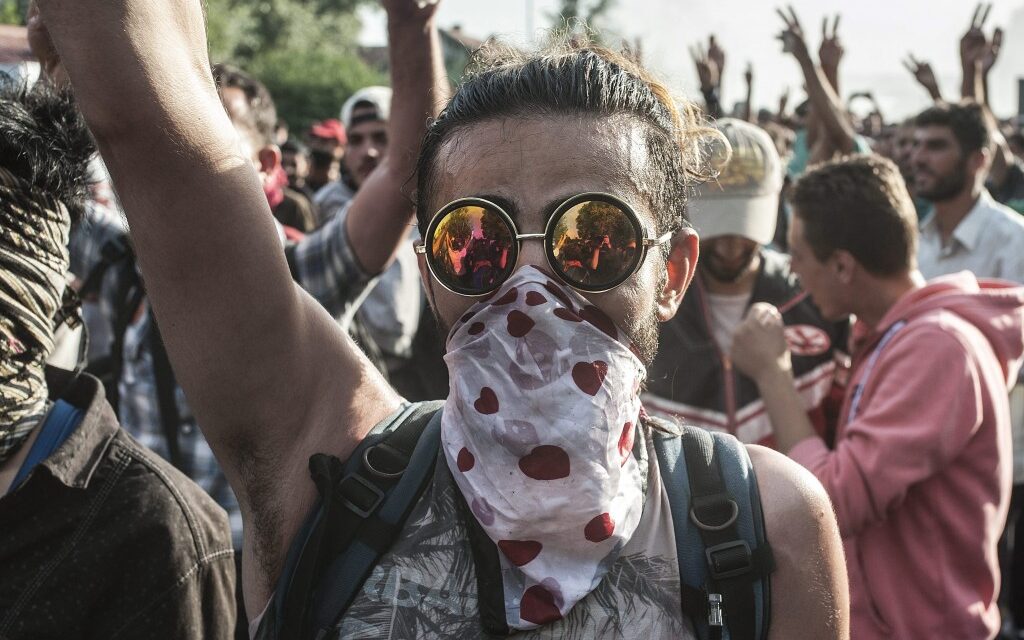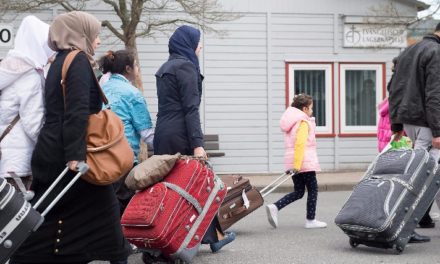The Hungarian government rejected the migration pact from the beginning, because it creates migrant ghettos in Europe.
Before the vote, the representatives held a debate, the Brussels correspondent of M1, Eszter Baraczka, reported on the details.
"The debate was very surprising because no positive assessment of the migration pact could be heard. Either they called the pact itself clearly bad, or they stated that it is far from perfect, but it must be accepted for several reasons: on the one hand, because there is not, or will not be, a better alternative, - they claim - because it answers the challenges, because with its help the EU can take it back control from human traffickers, and especially because they put a lot of time and energy into the work. Very simplistically, this seems like a bitter pill to swallow, but the representatives tried to sweeten it in their speeches. For example, they put forward the prospect that the implementation of the pact will be strictly monitored, especially to ensure that the rights of asylum seekers are not impaired," said Eszter Baraczka.
He added:
of course, it was strongly felt in the discussion that there was a campaign, so many people simply gave a campaign speech.
"As the vote got closer, it became more and more uncertain, which the day before seemed completely certain that the pact would pass, and quite serious fear was visible among the representatives, as it would have been a huge failure and failure if they did not vote for the pact. But it didn't turn out that way, all its elements were accepted, so now all that's left is for the council bringing together the member states to put its stamp on it, which can be expected to happen on April 29," said Eszter Baraczka.
Source: hirado.hu
Cover photo: MTI Photo: Sándor Ujvári
Szijjártó: Whatever they decide in Brussels, illegal migrants will not set foot here












